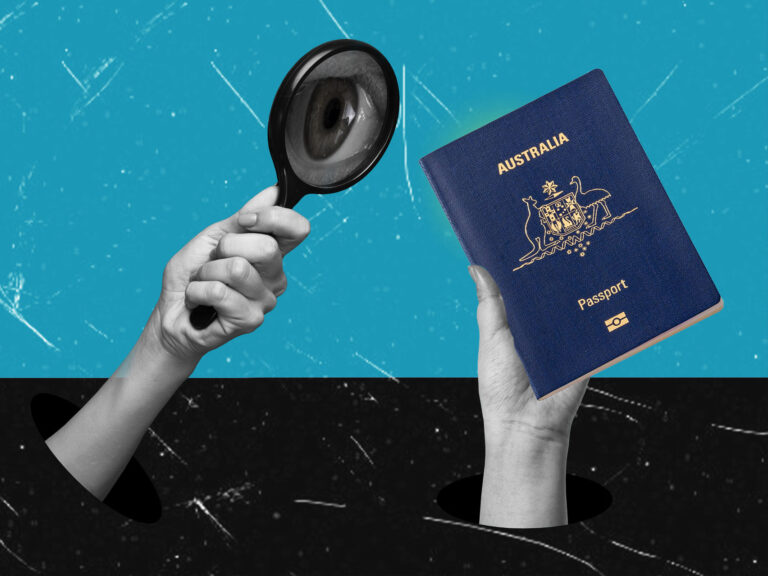Contact Us
[email protected]
How Australia’s Visa Policies Boost MBA ROI and Careers

Australia’s flexible student and post-study visa pathways enhance MBA affordability, employability, and long-term career ROI compared with other global destinations.
- International MBA students can work part-time during studies and full-time during academic breaks.
- Post-study work visas support career building and create pathways toward permanent residency.
- Dependents enjoy significant benefits, including full work rights for spouses and access to education for children.
This flexibility translates directly into stronger ROI for MBA candidates, who can offset education costs during their studies and secure employment pathways after graduation.
Australia has long been a leading destination for international students thanks to its world-class universities, multicultural society, and high quality of life. But one of its most compelling advantages lies in its visa system. Unlike destinations such as the U.S. or U.K., where visa restrictions can limit both work and career progression, Australia’s student and post-study visas are designed to encourage professional growth and long-term settlement. This flexibility translates directly into stronger ROI for MBA candidates, who can offset education costs during their studies and secure employment pathways after graduation.
1. Work While You Study
Australian student visas allow international MBA students to work up to 40 hours per fortnight during academic terms and unlimited hours during breaks. With extended summer and winter breaks, students can earn meaningful income under Australia’s strong minimum wage laws.
This not only reduces living expenses but also gives MBA students opportunities to gain hands-on industry experience and build networks while studying. Compared with the U.S.—where work during studies is often restricted to on-campus roles—Australia offers far greater flexibility, improving both ROI and career readiness.
2. Post-Study Work Opportunities
Australia’s post-study work visa system is one of the most student-friendly in the world. MBA graduates can apply for work visas under the Post-Study Work Stream, typically valid for two to four years depending on qualifications and location. This bridges the gap between graduation and long-term career establishment. In contrast, the U.K. offers only two years of post-study work rights, while the U.S. requires complex sponsorship processes for H-1B visas, with no guarantee of approval. For MBA graduates, Australia’s system provides a clearer, less risky pathway to recoup education costs and advance professionally.
3. Family-Friendly Visa Benefits
A major differentiator for Australia is the ability to include dependents in visa applications. Spouses or partners of MBA students gain full work rights, while dependent children can attend local schools.
This makes Australia an attractive choice for mature professionals seeking to balance family life with academic and career development. By contrast, many countries either limit dependent work rights or impose complex requirements, making Australia’s system far more inclusive and supportive.
4. ROI Impact Compared to Other Countries
MBA tuition in Australia ranges from AUD 45,000–90,000, often less than U.S. programs where costs can exceed USD 120,000–150,000. When combined with the ability to legally work during studies, Australian MBAs offer a faster break-even point than U.S. or U.K. programs. The strong post-study work visa options further enhance ROI, giving graduates time to secure high-paying roles in Australia’s robust job market. Salaries for MBA graduates in Australia are competitive globally, and the cost-benefit equation improves further for those who transition to permanent residency.
Australia’s visa policies make it more than just an appealing study destination—they create a clear pathway from education to long-term career growth. The ability to work during studies, remain in the country after graduation, and include dependents sets Australia apart from the U.S. and U.K., where restrictions limit ROI. For international MBA candidates, choosing Australia is not only an investment in education but also a practical strategy for building a sustainable global career.




